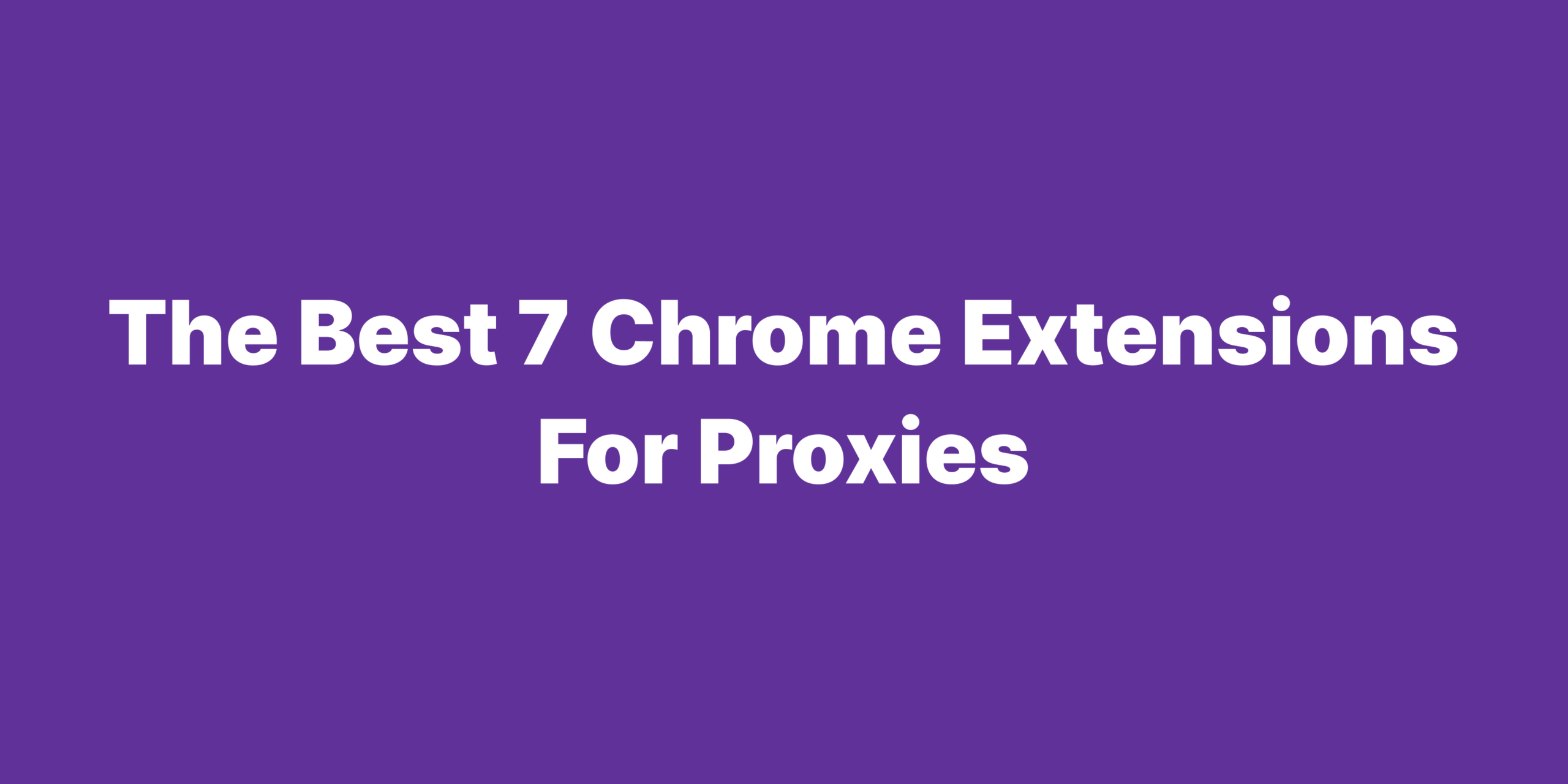Most web scrapers encounter the issue of being blocked due to their scraping activities. To counter this, they traditionally use proxies to mask their activities. However, the cost associated with acquiring reliable proxies can be quite high, especially for individuals or small teams looking to scrape the web efficiently. A cost-effective and practical alternative is the use of VPNs as proxies. This method not only reduces expenses but also maintains the necessary level of anonymity for successful web scraping. For those in search of an even more streamlined solution, exploring the best web scraping API can significantly enhance your scraping projects. These APIs are designed to simplify the scraping process, offering a powerful tool for anyone looking to collect and analyze web data efficiently.
Some VPN services offer direct support for SOCKS or HTTP proxies. Those that don’t can be transformed into proxies with the help of additional tools like wireproxy. So, what should you consider when choosing a VPN service to use as a proxy client?
- Support for the Wireguard protocol. Wireguard is a newer, faster, and more developer-friendly VPN protocol compared to the older OpenVPN protocol. Many tools that convert VPNs to proxies, such as wireproxy, are based on Wireguard.
- Unlimited concurrent device support. Many VPNs limit the number of concurrent connections to 3-5. This would only provide 3-5 proxies for web scraping, which is insufficient for most web scrapers.
- IP quality. Since VPNs are used by many users simultaneously, the more IPs and locations a VPN has, the better the IP quality you’ll receive.
While using VPNs as proxies is a cost-effective option, it can involve a complex setup, and the IP quality may not meet the requirements for many popular web scraping targets.
For more information on proxies in web scraping, check out our comprehensive guide to proxies in web scraping.




